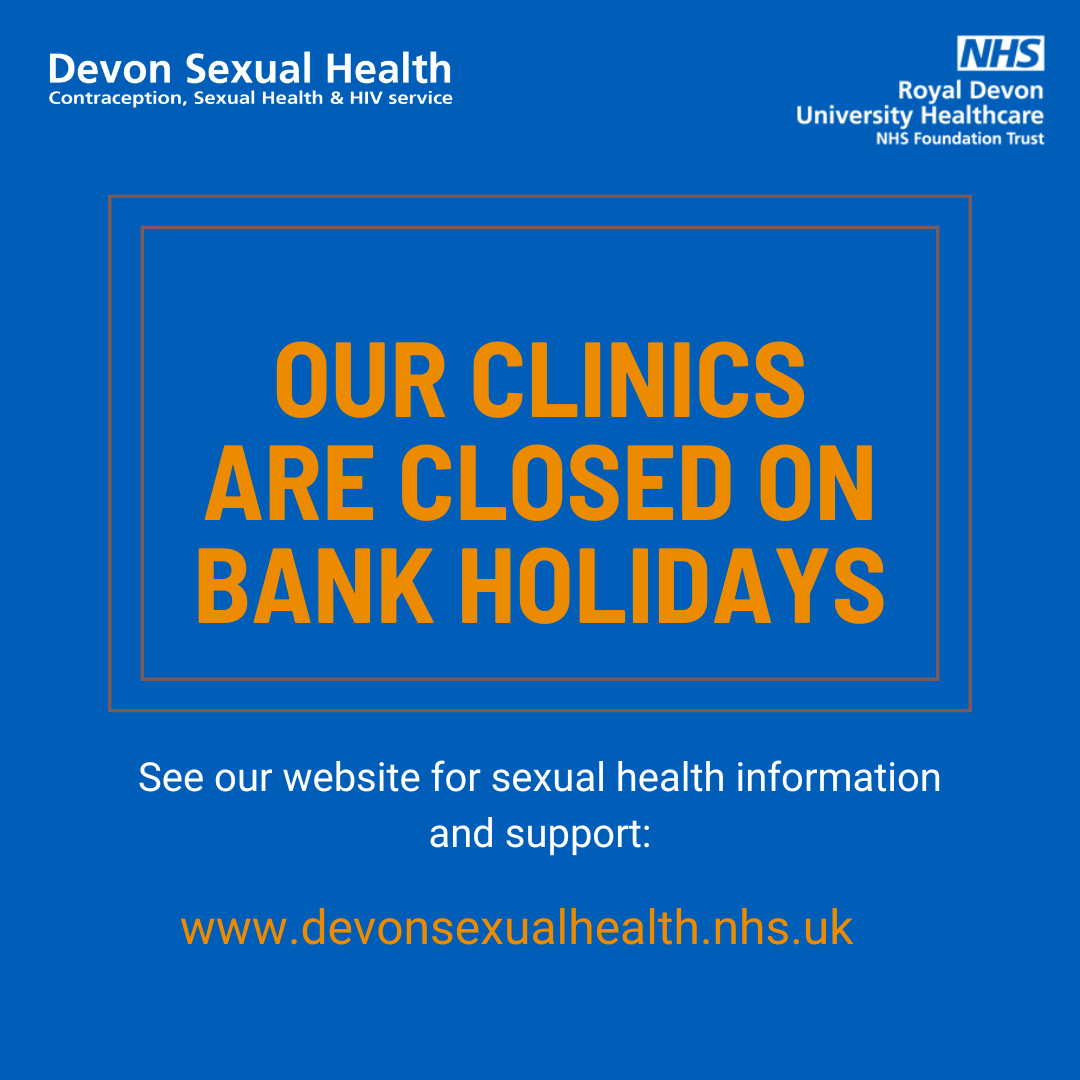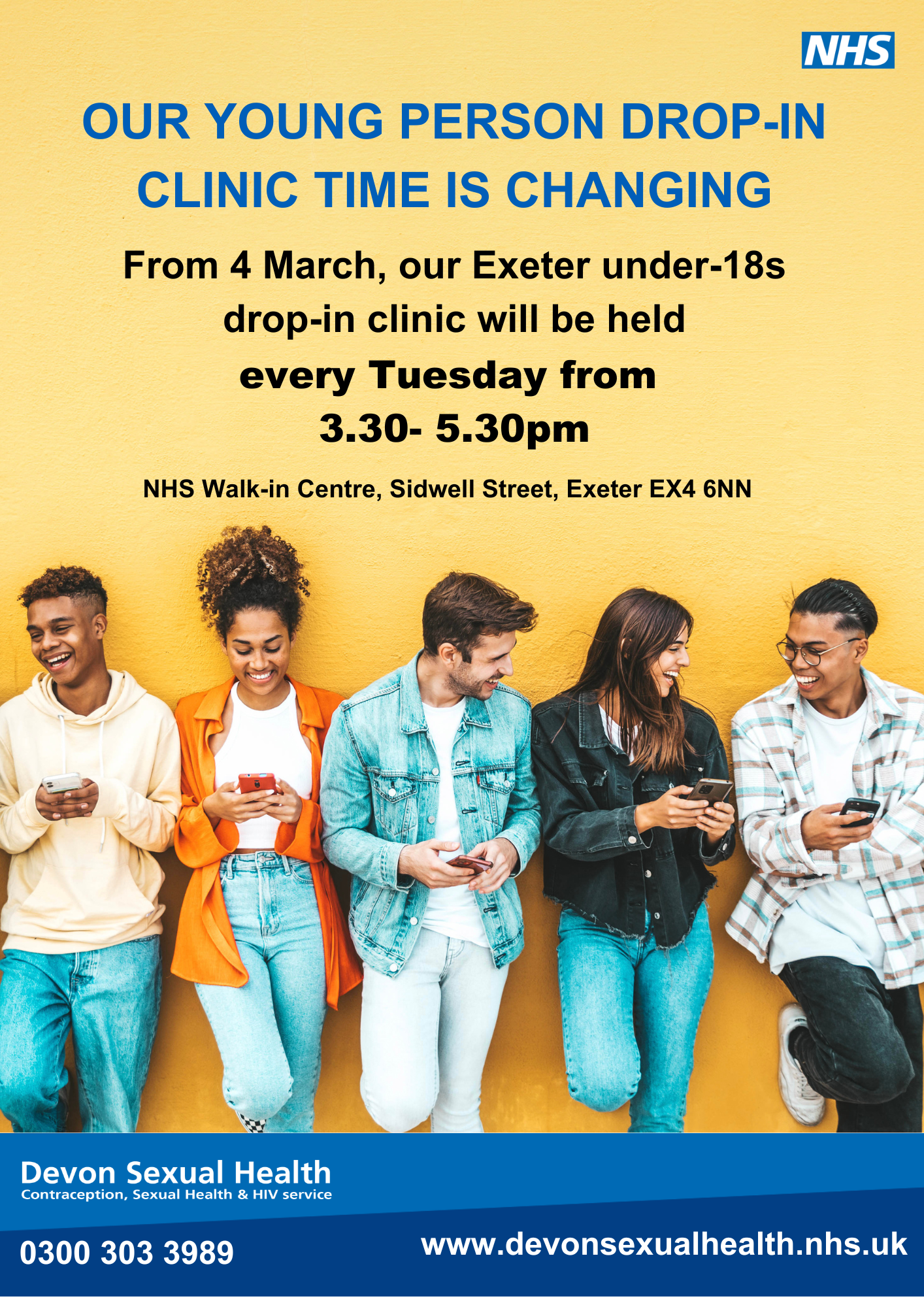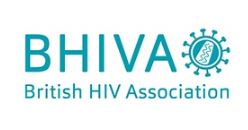COVID-19 advice from the British HIV Association (BHIVA)
posted by: Don Leslie
updated 21st October 2021
BHIVA advice on the SARS-CoV-2 vaccines for people living with HIV is now available here.
The easing of restrictions should not encourage people to stop adhering to recommendations on social distancing. Please keep up-to-date with the advice via GOV.UK channels (as below). We advise that people living with HIV (PLWH) should continue to follow Government advice regarding hand washing, distancing and face coverings.
We still do not have enough evidence yet on whether HIV affects risk of harm from COVID-19. So far, there have been only a few large cohort studies examining the impact of COVID-19 for people living with HIV, and the majority of these studies include only a small number of patients. Whilst some studies report a higher risk of COVID-19 related death for people living with HIV, others do not. Any increased risk is relatively small and no analysis has fully adjusted for potential confounders, such as kidney disease, diabetes or obesity, which might affect the results. We need more information to better understand your risks; this will come in the future.
Please note that there is no evidence to date that antiretrovirals, as HIV treatment or as PrEP, have any potential for treating coronavirus.

Get set for summer!
Heading to a festival this summer? Have safer festival fun by signing up for the Eddystone Trust free condoms for […]

Bank Holiday information
All Devon Sexual Health clinics will be closed on Monday 27th May for the Bank Holiday. When our clinics are […]

#StopItNow campaign returns this March
The Stop It Now campaign is aimed at deterring online child sexual abuse. The campaign is a project of the […]

New time for Exeter Young Person clinic.
From 4 March, the Young Person drop-in clinic at Devon Sexual Health will be held every Tuesday from 3.30pm – […]


If you are concerned please contact your nearest Devon sexual health clinic for advice.